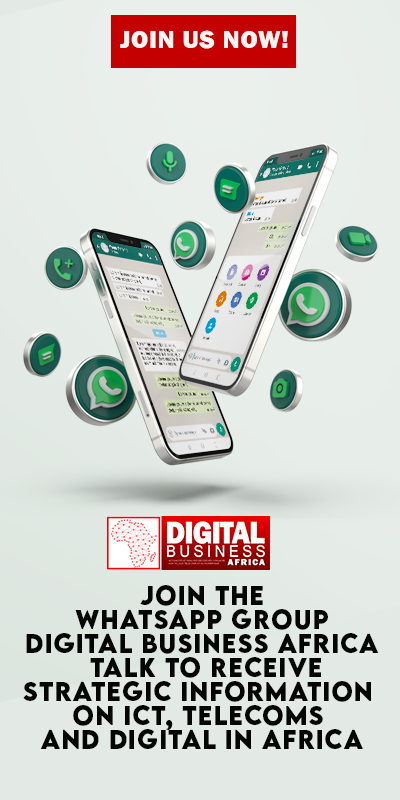This video highlights the role of the African Network Information Centre (AFRINIC) as the Internet Registry providing service to its members in the Africa region.
1) Who is AFRINIC
AFRINIC is the internet registry for Africa and the Indian Ocean. To explain what a registry does, let me take a step back and show you how it plays when you go to the internet. You open your phone or your computer and go to visit a website. But you need to have an address. And the place where you go needs to also have an address. Like when you travel from home to a shopping centre, you need to have an address from where you are to an address of where you are going. Now, for all this to work in the digital world, there are registries behind that allocate IP addresses to different players in the internet ecosystem.
AFRINIC came last of the five Regional Internet Registries: we have ARIN in North America, RIPE NCC in Europe, APNIC in Asia and Pacific as well as LACNIC in Latin America. Each registry allocates resources based on the needs expressed by the Internet players within their region.
Because we came last, the portion of resources that we manage is also smaller, and it is just below 6% of the global resources. Currently, we have more than 1900 members and we are on track to pass the mark of 2000 members within this year.
Some of our members are internet service providers, data centre providers, universities, governments, banks and anyone that needs an address block in the digital space. The allocation process is as follows: A potential member comes to us, fills forms, requests and justify the need, and after proper assessment, we provide resources to them as per the current availability and policies.
Besides, AFRINIC is a private company limited by guarantee, a not-for-profit organisation.
The Resource Members elect the 8 members of the board and once elected, these individuals as well as myself we become the Registered Members of AFRINIC for the purposes of the local Companies Act and its bylaws.
The fees some members pay, go from about $38,400 per year for the biggest accounts, down to $100 for some Universities. We also have some members who don’t pay anything to us as they are considered critical infrastructure for the Internet.
As a registry, we are also involved in internet routing security, as we ascertain network or route identity.
2) How does AFRINIC perform its operations as RIR?
AFRINIC has multiple components that I’ll break down for you. We have the registry, which is the core function. It is installed on systems hosted in 2 data centres in South Africa, and we are currently implementing another disaster recovery centre in Kenya. In these data centres, our equipment hosts the databases that allow different players to interact with us.
Besides the team managing the registry function, we have other departments dealing with our engagement, training, communication, software maintenance as well as other administrative services. AFRINIC is manned by 54 employees and most of them are in Mauritius.
As far as governance is concerned, I mentioned earlier that the Board of Directors comprises nine members, including eight elected by the membership from different regions of AFRICA, and myself.
I’d like to commend the work of our board members who donate their time and skills voluntarily at no fee.
I also want to appreciate all the other volunteers who devote their time and energy to support different AFRINIC working groups. These clusters collaborate to ensure AFRINIC is addressing its challenges in the best way possible as we adhere to bottom-up principles.
We publish our budget on our website every year. Out of the 5.5 million $ on the 2021 budget, staff costs represent approximately 50%. The rest is made of activities to support community events, like the annual Africa Internet Summits together with AFNOG and multiple other sister organizations that contribute to the growth of the African internet ecosystem. We like to call ourselves the AF*.
We also organise training to ensure that the next generation of engineers understands IPv6 better. IPv6 is the next-generation Internet Protocol that is not affected by the existing scarcity in IPv4 resources.
We also provide other free online material and sessions where we support engineers to master different technologies that allow Africans and non-Africans to build resilient networks.
I’d like to commend the team that has recently produced Arabic content on IPv6 with the support of the Internet community in Sudan. It shows that AFRINIC is more than just us here.
Allow me to also mention some of the other projects we run with different partners where we ensure that critical Internet infrastructure is improved by getting resources like root servers instances and DNS zones closer to the users.
In simple terms, it’s as if we bring to a country a building that has International shops that were not previously available locally. And we use some of our financial resources to ensure these servers get in different cities across the continent and tremendously improves the users experience on the Internet.
3) There are fears that what is happening might affect the services AFRINIC renders. What would happen if these services stopped?
As stated in my previous video, this current state of affairs is a temporary situation where the court assesses the different files from the various parties. However, we understand that we have no control over how long it would be. This is why we have been busy working on different contingency mechanisms, and ensuring that we continue to provide services to the best of our capacity.
First of all, let me speak about the registry. I mentioned the possibility of us calling upon the Joint RIR Stability Fund that was established back in 2015 to ensure the registry or core function of any regional internet registry continues to operate even in case of emergency.
As stated, we will only call upon this option, when we assess that the current process in court takes longer than we can bear.
However, as explained earlier, AFRINIC also performs other duties that are not as vital as the registry function.
For those ones, we are currently analysing how to downscale them or put some activities on hold to ensure that we focus on the critical services. I’d like to reiterate to you that we are considering this situation very seriously, and we are doing all it takes to ensure everything continues to operate smoothly.
4) In conclusion, I would like to tell you about Umuganda.
Back home in Rwanda, before the pandemic changed our lifestyle, people within their neighbourhood would gather once per month and serve their communities by cleaning the area, building classrooms or cutting grass. In simple terms, random people acting responsibly with their environment and donating their time, energy and skills towards a common community goal.
I am convinced that our community and staff that are already involved in some sort of “Umuganda” would do all they can to ensure AFRINIC lights continue to sustain the digital transformation of our continent.
Thank you, Asante, Muito Obrigado, Shukran
Eddy Kayihura
Chief Executive Officer, AFRINIC




